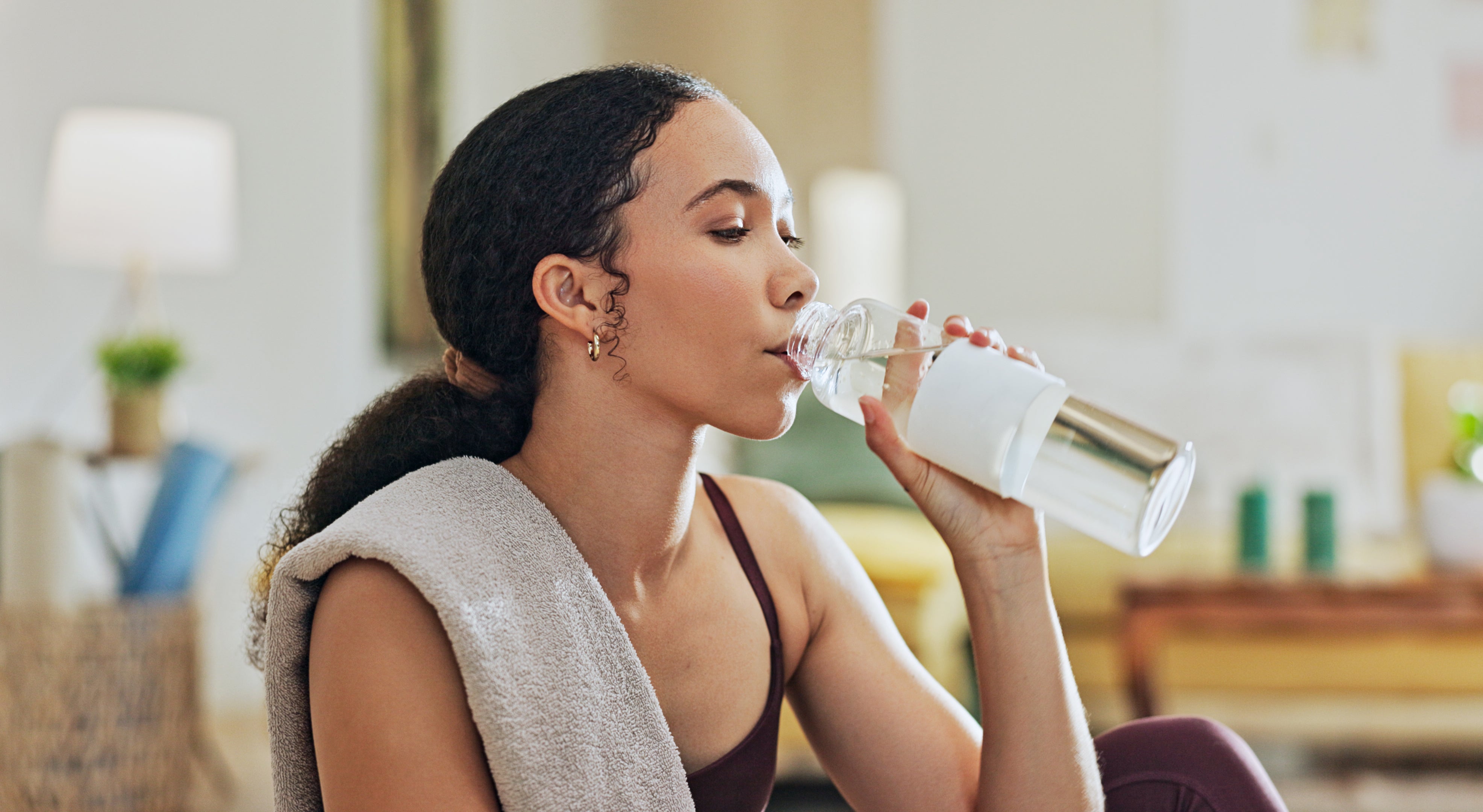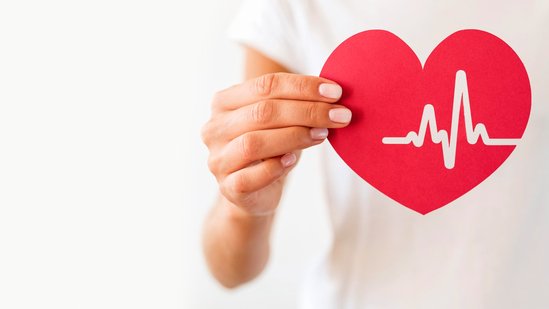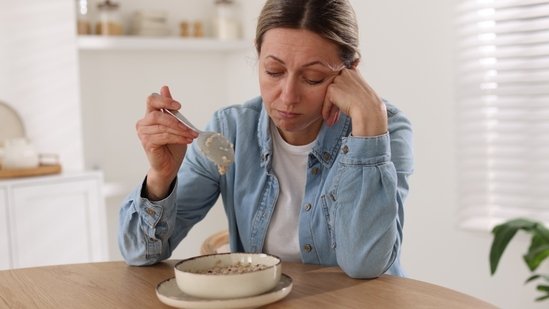The British Heart Foundation (BHF) has said that the beginning of the 2020s represents “the worst start to a decade for heart health for half a century”.
According to a new analysis by the charity, cardiovascular deaths in working-age adults have increased by 18 per cent since 2019, rising from 18,693 to 21,975 in 2023, which is an average of 420 per week.
The BHF’s figures also show that since 2020, there has been a 21 per cent increase in the number of people diagnosed with heart failure in the UK, reaching a record high of 785,000 in March 2024, up from 650,000 in March 2020.
Dr Charmaine Griffiths, chief executive of the BHF, said: “It’s been the worst start to a decade for heart health for half a century, but we’re entering an era of immense scientific opportunity that can turn this tide.
“By driving a research revolution, we can reverse this worrying trend and save more lives than ever before.”
Preventative measures are key to tackling this issue, so what can we do this summer to boost our heart health? We spoke to some experts to find out…

Prioritise sleep
“One thing that people often don’t think about, when it comes to heart health, is sleep,” says Regina Giblin, senior cardiac nurse at BHF.
“Going to bed at the same time every night and setting your alarm for the same time every morning helps your body get into a routine and helps regulate everything, including your blood pressure and heart rate.
“Bad sleep usually leads to bad habits because you’re trying to get your energy up, so you’ll often go for sugary foods and things like that.”
To improve your sleep quality this summer, Giblin recommends avoiding caffeine in the evenings or watching screens an hour before bed, and says that ensuring your bedroom is dark and comfortable can make all the difference.

Get your heart rate up with some moderate exercise
“Exercise is very good for your heart, so try to find an activity that you enjoy, because the more you do something that you enjoy, the more likely you’ll do it more often,” says Giblin. “Try to do 150 minutes of moderate exercise a week.
“Moderate means that you’re slightly breathless, but you’re still able to talk. You want your heart rate to go up during the exercise, and that means your heart’s getting fitter, because then it will restore back down to the normal heart rate. Your heart works better as a pump if you exercise regularly.”
The cardiac nurse particularly recommends walking, cycling and dancing to get your heart rate going.
Follow a Mediterranean diet
“We often talk about the Mediterranean diet, so try to eat lots of fruit and vegetables, at least five a day,” says Giblin. “Also, think about how you’re cooking food, and maybe use a nonstick pan and cooking spray rather than lard or butter.
“Try to cook things from fresh because ultra-processed food has been linked to all sorts of health problems.”
Reduce your stress levels
“From a biological point of view, when you first start to feel stress, your heart rate and blood pressure can go up, and it sets off your fight or flight response,” explains Giblin. “But when this happens over and over again in your body, then it just gradually increases your heart rate and your blood pressure and over time that can cause your arteries to get stiff.
“It also causes plaque to build up inside the arteries of the heart, and that’s when you get chronic heart disease.”
So, if you are experiencing high levels of stress, Giblin recommends talking to a friend or a family member about it, or to seek professional help. Finding a healthy coping mechanism can also be beneficial.
“People find meditation or going outside in the morning and taking some deep breathes helpful at reducing stress,” she adds.
Know your numbers
“Find out what your blood pressure and cholesterol levels are,” advises Giblin. “In England they have the NHS Health Check program, where everyone over 40 can get a blood pressure, cholesterol and diabetes check. And in Scotland, Wales and Northern Ireland, they will have similar programs at their GP practices.
“You can also now get them checked at your local pharmacy.”
Keep hydrated
“Drinking water helps your whole body,” says Giblin. “Your heart is pumping blood and fluids throughout the body, and if you’re dehydrated, you can lose potassium (through sweat), which is one of your electrolytes.

“And if you lose too much potassium, it can cause arrhythmia. Therefore, you need to drink more if you sweat more in the heat, so listen to your body.”
Quit smoking
“Smoking is one of the most damaging habits you can have when it comes to your heart, reducing oxygen in the blood, damaging arteries,” says Dr Martin Thornton, chief medical officer at health screening company Bluecrest Wellness. “You don’t have to go it alone, there is excellent support available to help you quit, and you’ll often find that benefits are seen quickly after quitting.”
Limit alcohol intake
“Alcohol raises your blood pressure and adds empty calories,” says Thornton. “We’re not talking about cutting it out completely, but remember to aim for no more than 14 units a week, with a few alcohol-free days if you can.”







